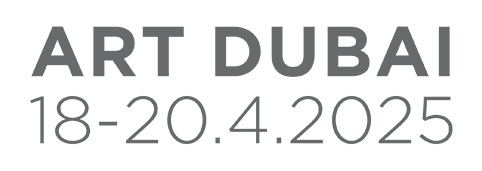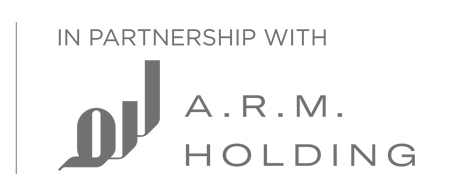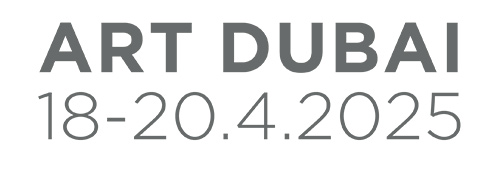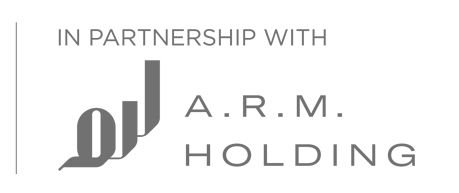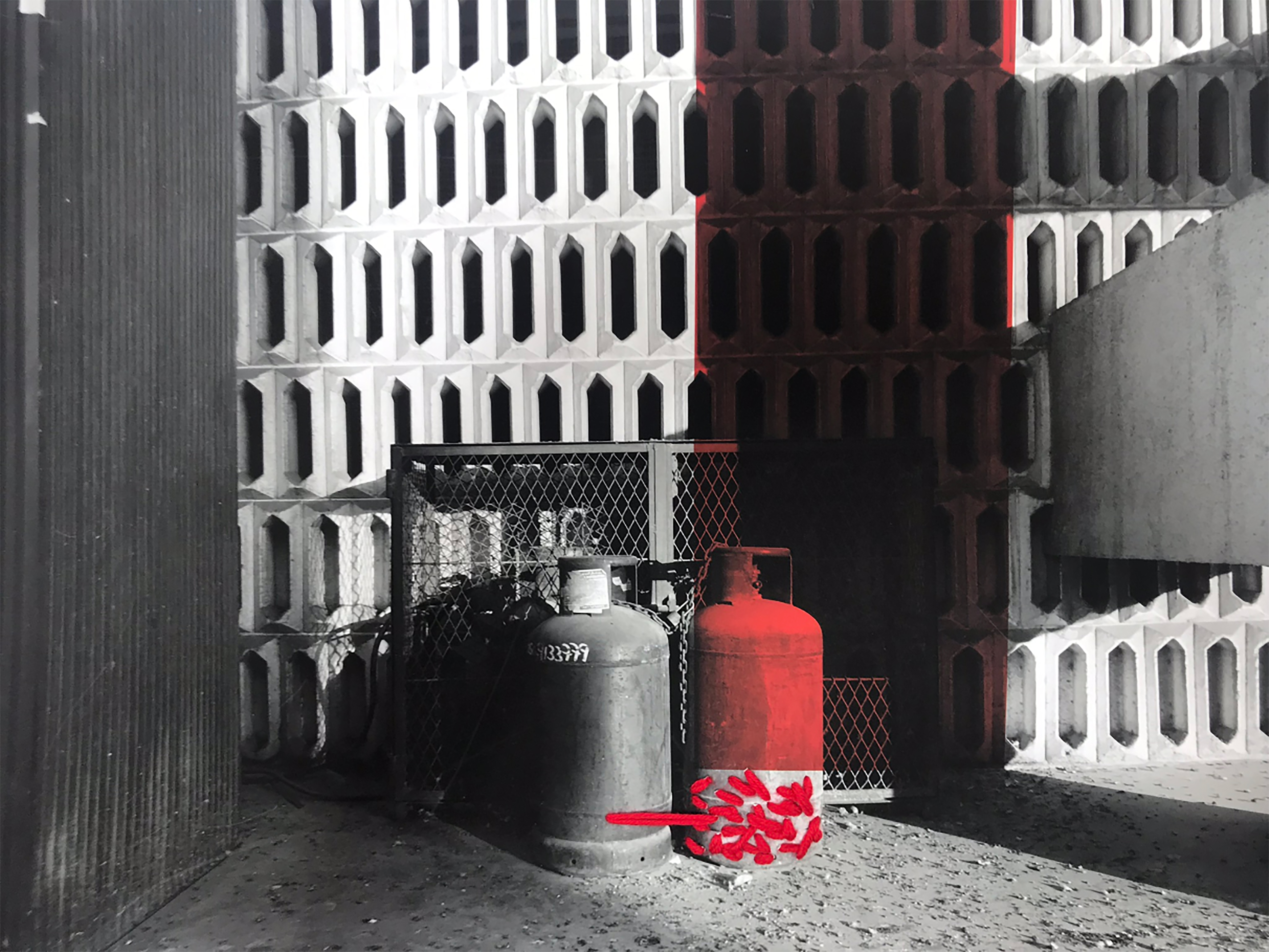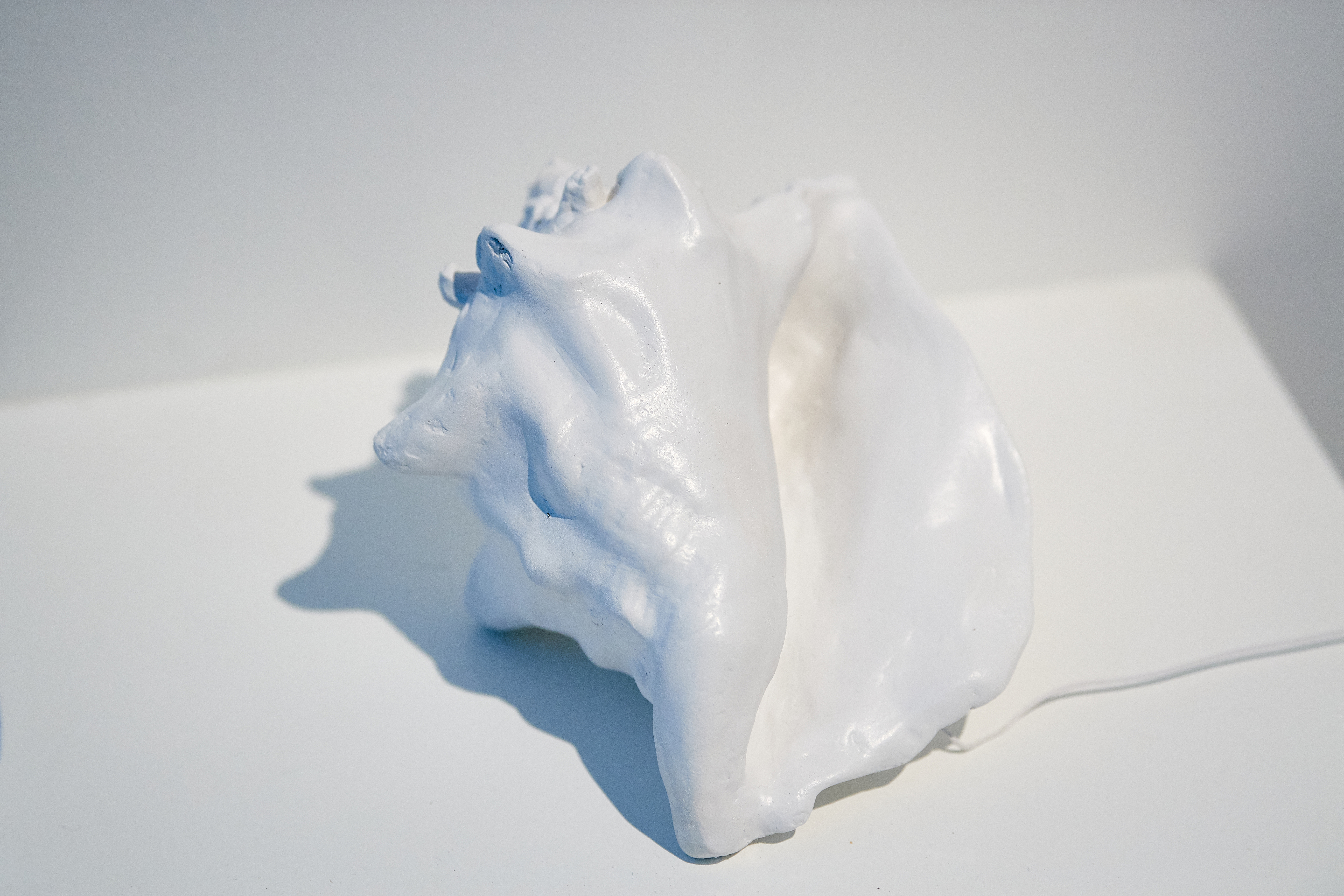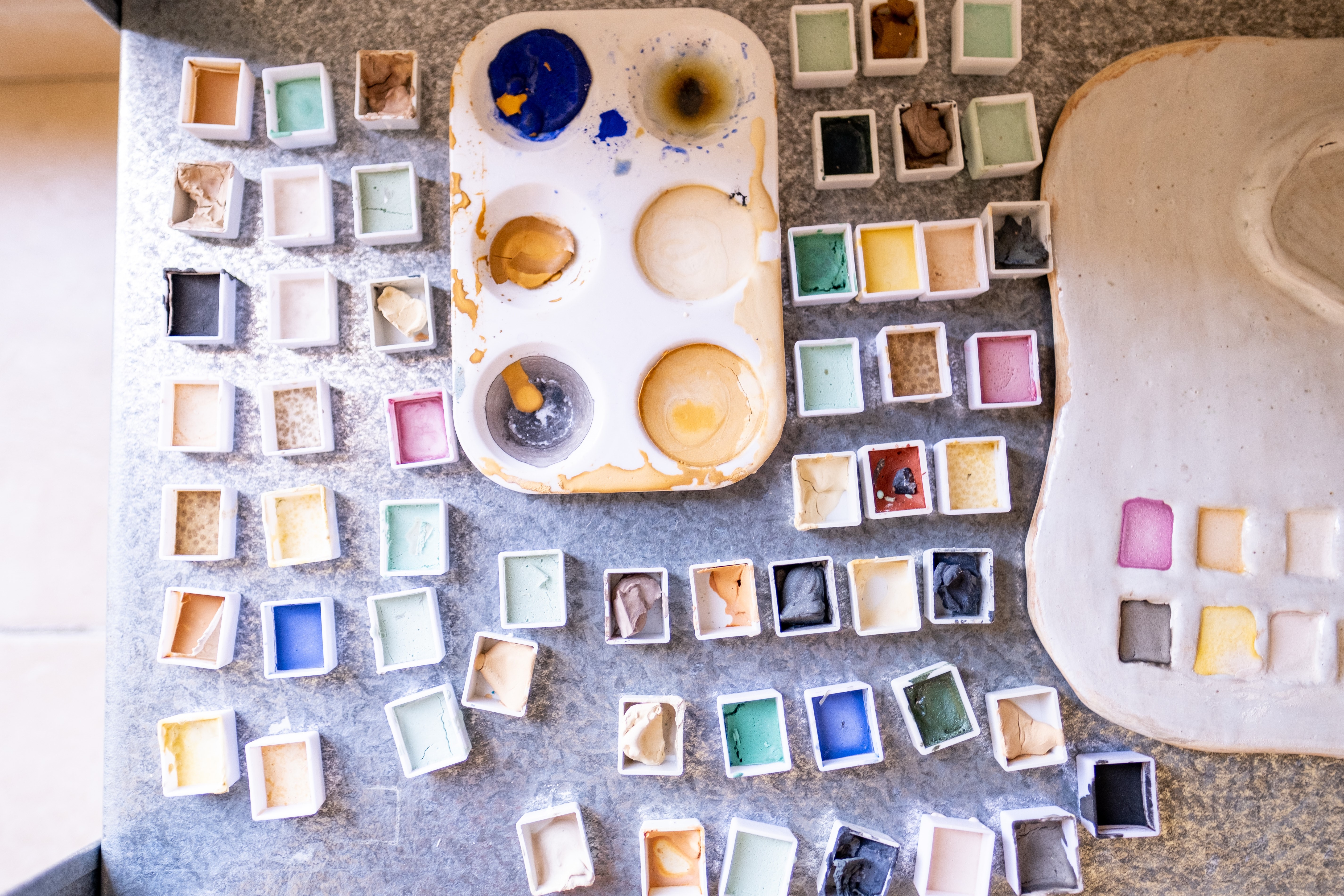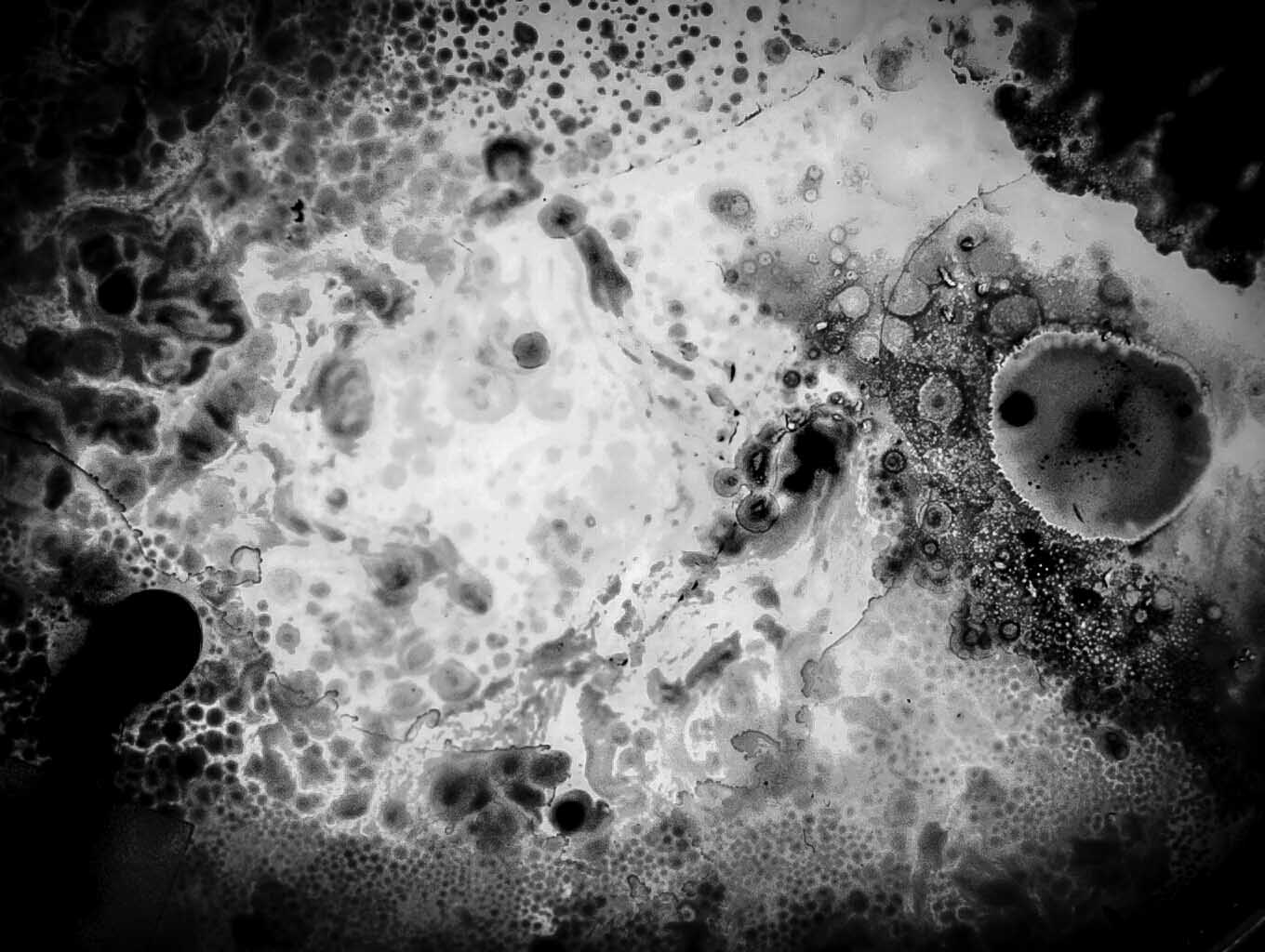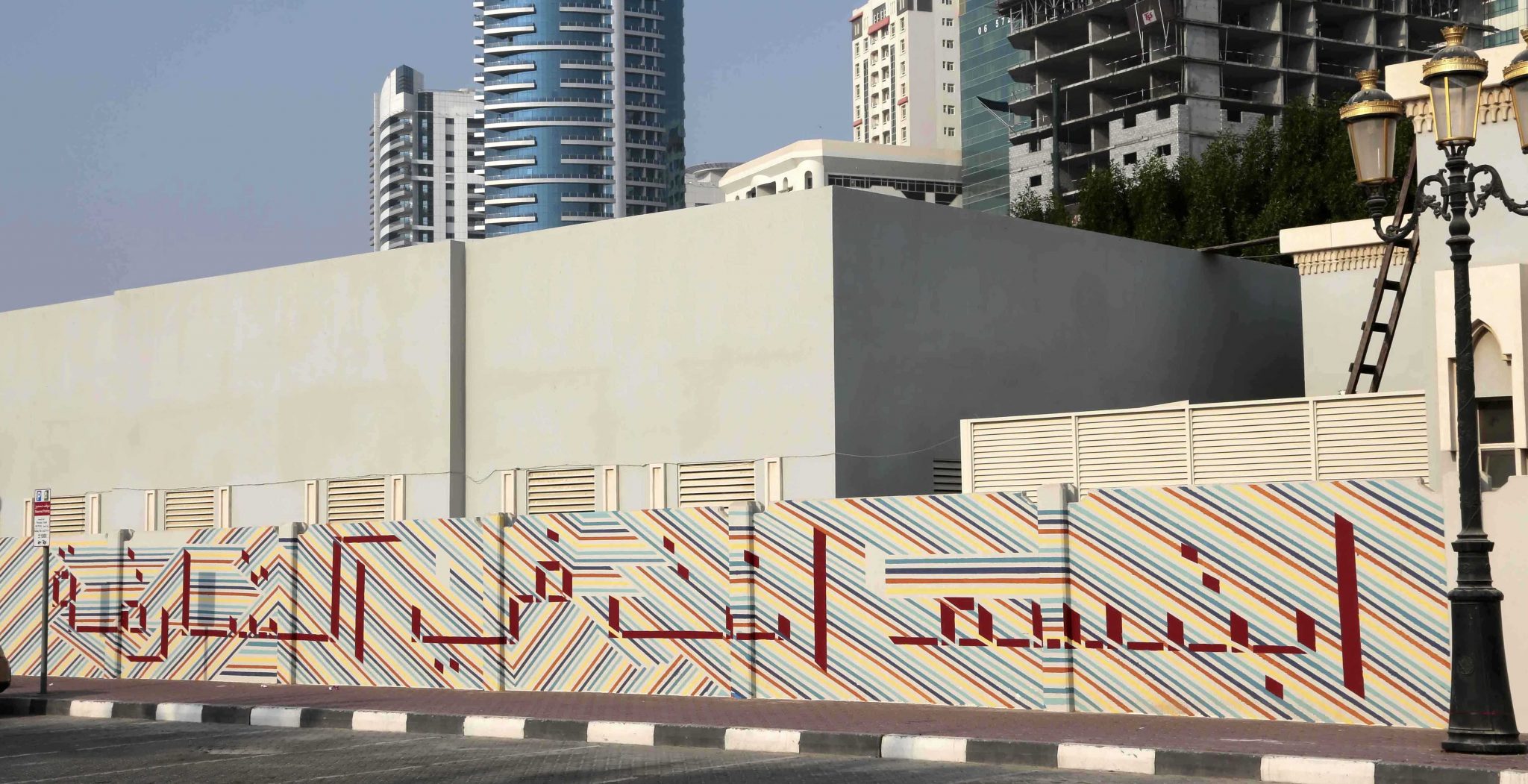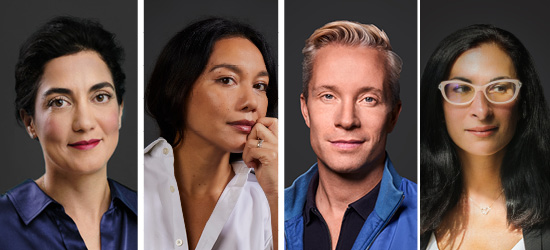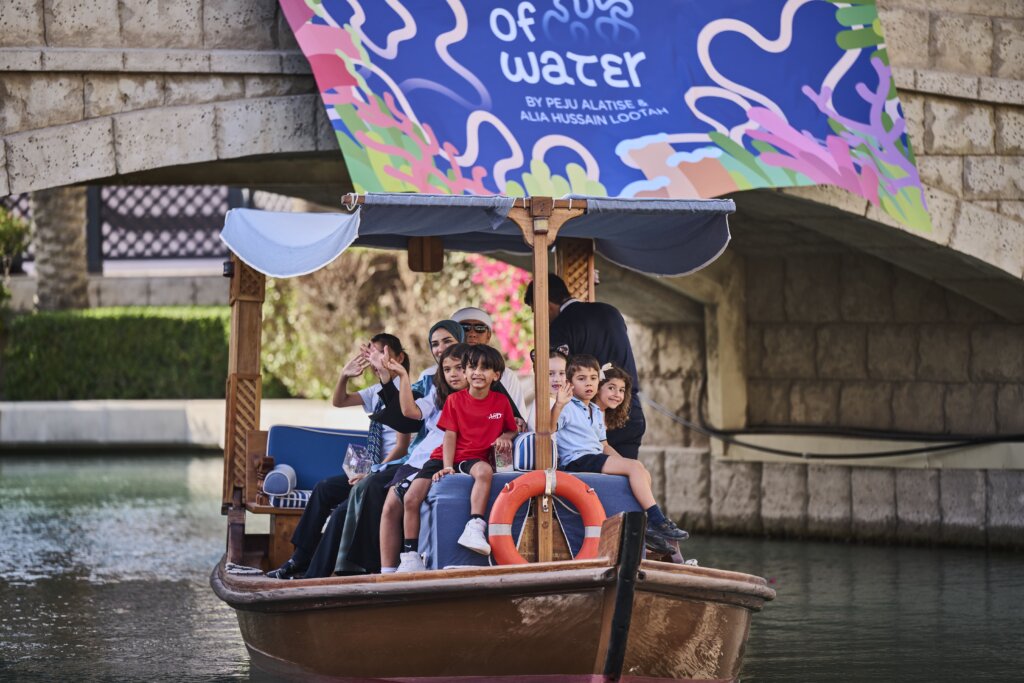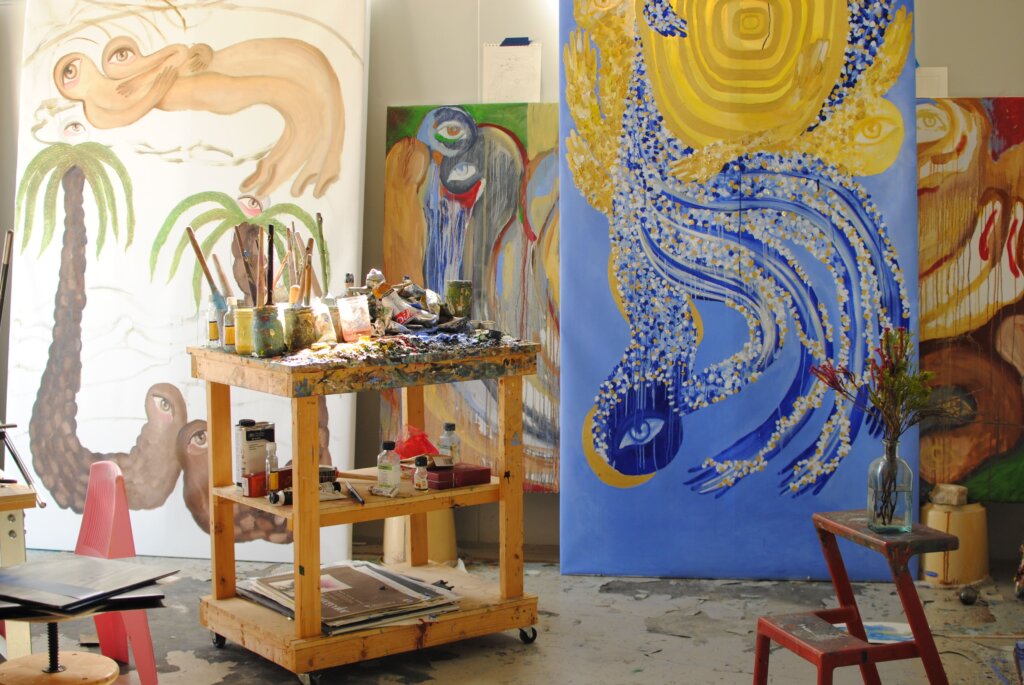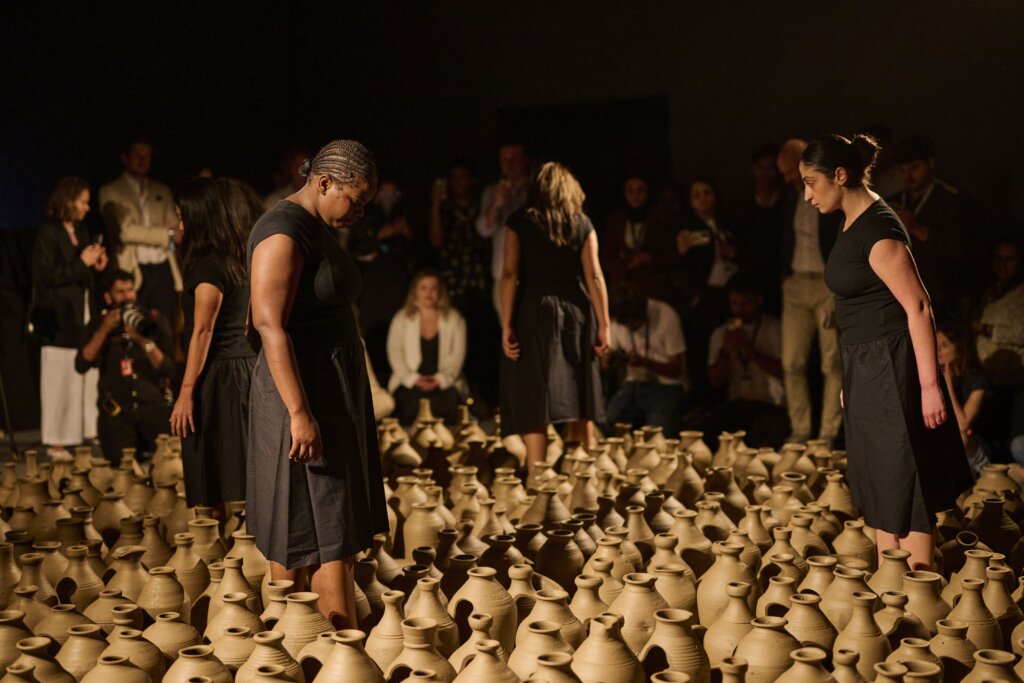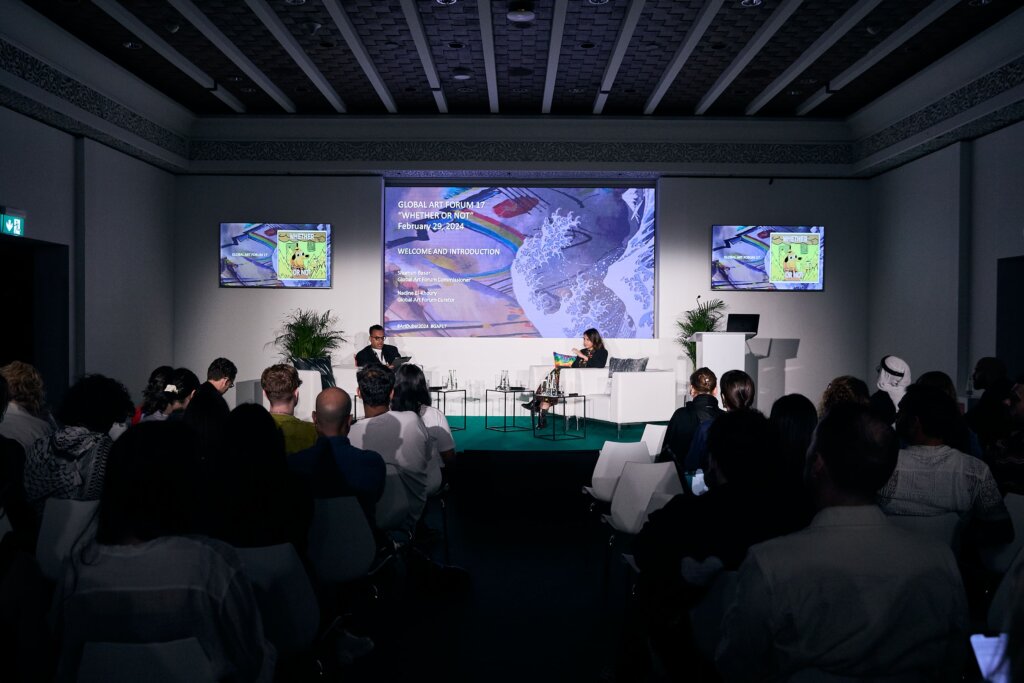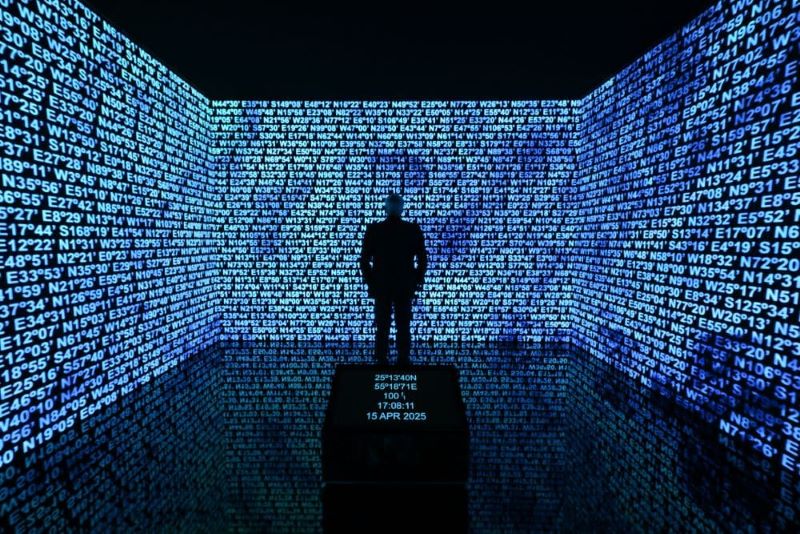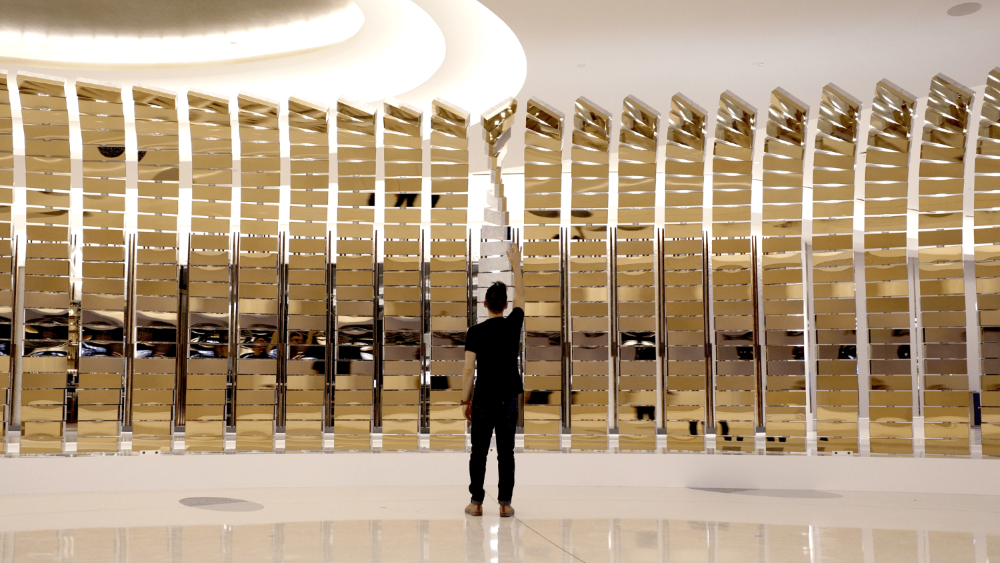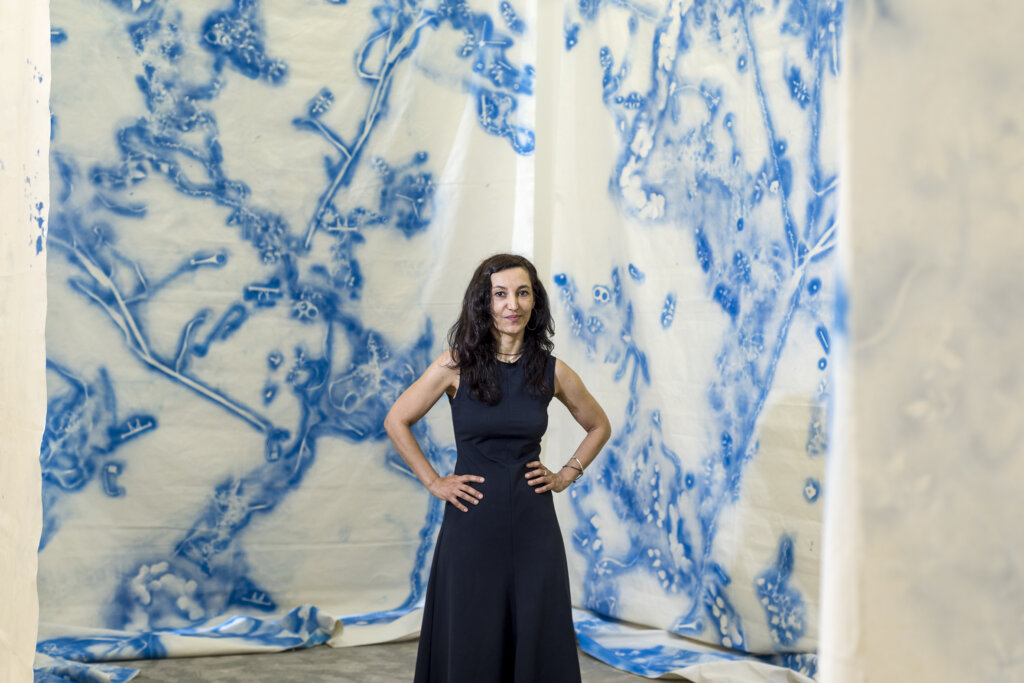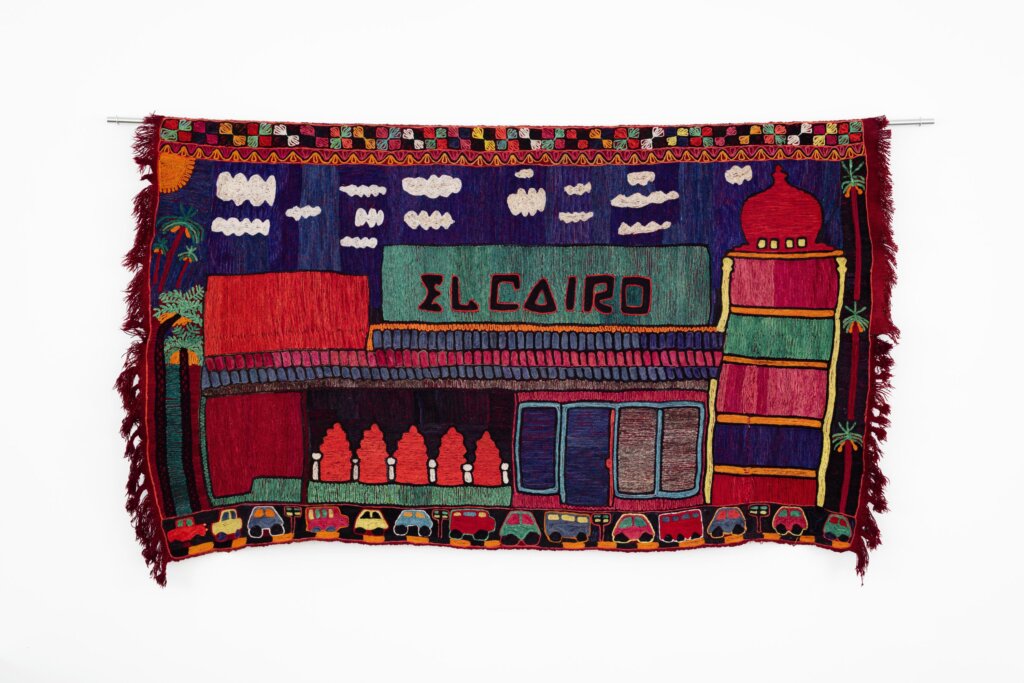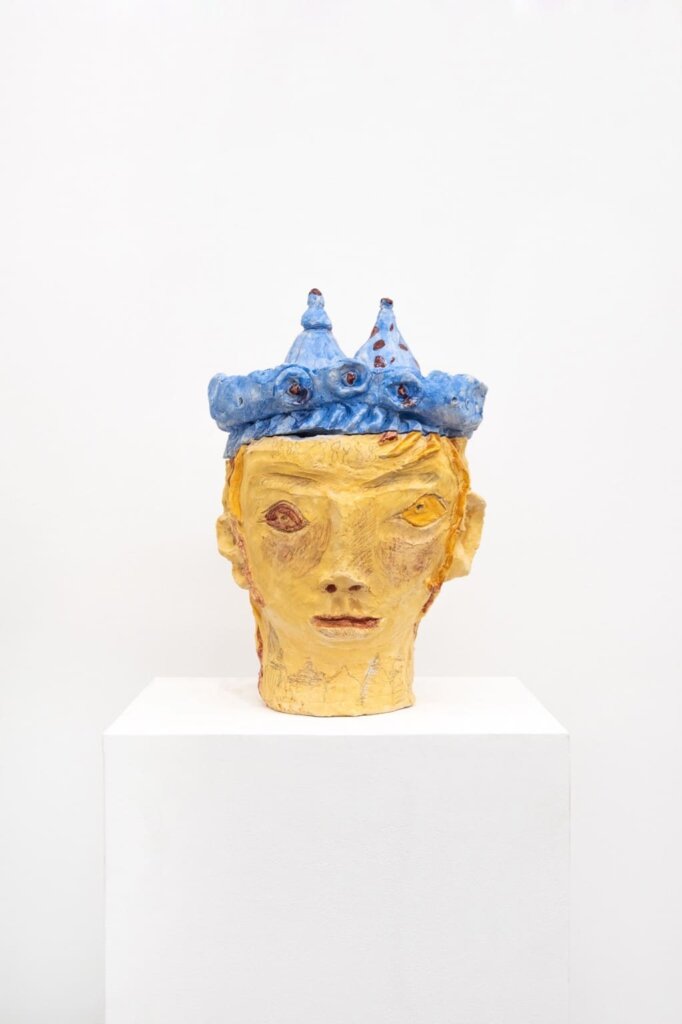Launched in 2012, Campus Art Dubai (CAD) is an internationally-recognised community arts residency programme which works closely with UAE-based creatives to provide them with an incubator for ideation, development and mentorship. This year’s theme – Animal/Vegetable/Mineral: Symbiotic Life in a Parasitic World – serves as a starting point for the artists, and all the programme’s workshops, seminars and critique sessions revolve around it. The programme is led by tutors Uzma Z. Rizvi, Murtaza Vali and programme curator Munira Al Sayegh in addition to a thoughtfully chosen group of local and international guest instructors that are invited to co-present and teach. CAD 8.0 calls for artists to engage with the city and its culture through conversations with various stakeholders, historians, cultural practitioners, critics, academics, curators, gallerists, and peers, further developing the creative ecosystem in Dubai.
The theme seeks to highlight the critical nature of the climate crisis, especially in relation to the recent global political call to action towards a more sustainable future. Questions like ‘do human-centred solutions really create sustainable ways forward on a more comprehensive scale?’ and ‘do emerging models for living-in-relation provide us with pathways through which to forestall our inevitable extinction?’ will be brought to the forefront of this programme, and the artists will use them as starting points to evolve and develop their concepts. The final work developed throughout the programme will then be showcased at a curated group exhibition at Art Dubai 2020.
Read about how each of the selected artists individual backgrounds led them to their distinct project approaches.
